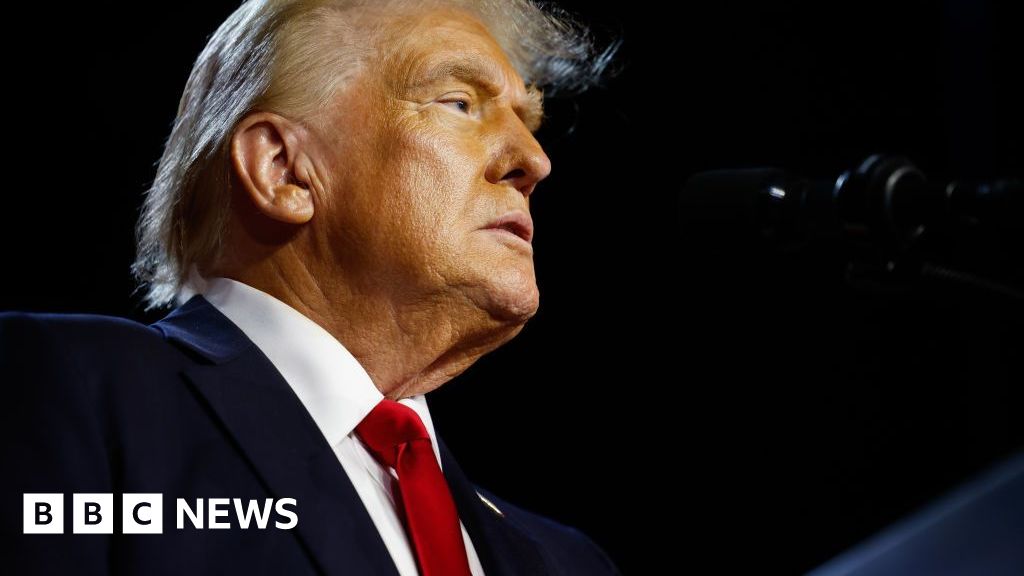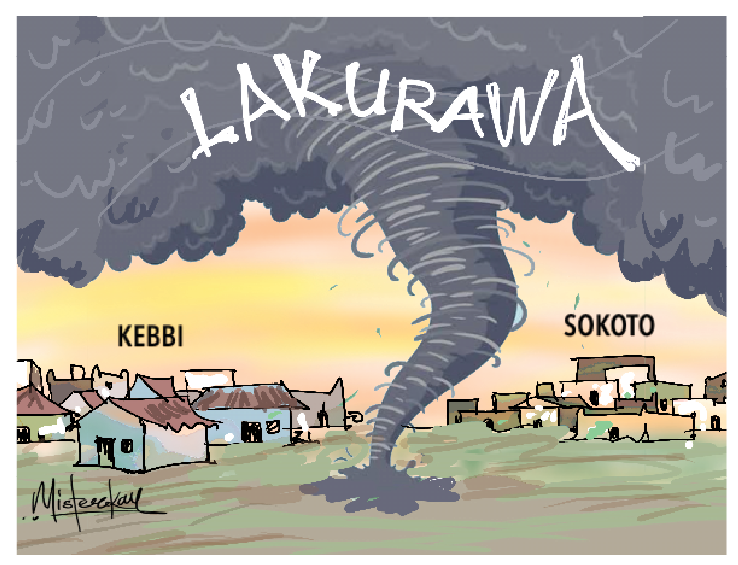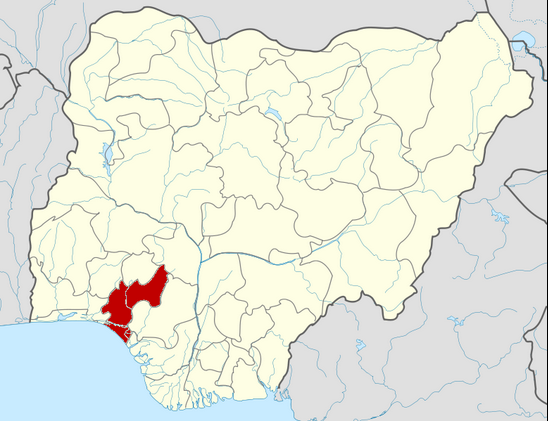In a global environment marked by proven human rights violations and tragic human costs, a glaring worldwide trend has emerged – the degradation of lives and growth of authoritarianism. Beyond the immediate violence, a more subtle threat is also emerging. Democracies, once champions of free speech and open criticism, are today performing a deceitful dance. They establish rules that meet the minimum necessary for a functioning society, thereby resulting in a façade of tolerance. However, beneath this smokescreen, they influence the rule of law, slowly limiting the usefulness of fundamental liberties. This enables authoritarian governments to silence dissenting voices, retain the appearance of democracy, and deflect international criticism. The 2024 Carter Center’s Human Rights Defenders Forum (HRDF) recently emphasised this issue of the devastating human costs of global conflicts and human rights violations, and the urgent need for diplomacy and peaceful dialogue. This crisis is a potent illustration of how the erosion of the civic space can have deadly consequences, and a cautionary tale to the world stage.
Human rights defenders (HRDs) are encountering an increasingly hostile environment for themselves and their work. Approximately 85 per cent of the world’s population lives in nations with inadequate civic spaces, making activism dangerous. This discrepancy is more pronounced in the Sahel, where militarism trumps civil society. Myanmar also illustrates this savagery, as do the massive human rights atrocities recorded in Sudan and Ethiopia. Women HRDs and LGBTI people are particularly vulnerable; they are targeted due to social stigma and face increasing discrimination, harassment and abuse on media platforms. This climate of fear takes a toll on the mental health of these brave individuals, highlighting the critical link between well-being and human rights work. In this critical situation, over 80 HRDs from 40 countries dedicated to protecting human rights, both locally and worldwide, met at the HRDF to increase solidarity in the face of unprecedented challenges. The 2024 HRDF, with the theme “Unchanging Principles for Changing Times,” traversed the intricacies of today’s global human rights scene. The symposium focused on climate change and environmental justice, digital rights and information integrity, and locally led and inclusive development, all of which are critical battlegrounds in the greater fight for human rights and democratic principles in an ever-changing world. The HRDF’s solidarity and friendship increased the power of unity and collective action.
The forum featured speakers such as Anna Margarita, who was president of Nicaragua’s progressive political party, the Sandinista Renovation Movement, from 2012 to 2017, and faced increasing obstacles during the 2018 civic insurrection. Anna, who was dedicated to peaceful civic opposition in the face of escalating official repression, was wrongfully detained in June 2021. Following a widely criticized and unjust trial, she was released by the government in February 2023, only to be deported into exile and stripped of her citizenship and legal identity. Anna’s experience, which includes 20 months of solitary confinement, underscores the enormous human cost of such persecution. Similarly, Befekadu Hailu experienced persistent persecution for his advocacy, undergoing four wrongful prosecutions and spending 596 days in jail without ever being convicted. Four Turkish human rights defenders were jailed in 2017 and released in July 2020 following wrongful convictions. These stories demonstrate the structural challenges that HRDs encounter. The suspension of the HRDF in 2019 was inspired by solidarity with activists afflicted by crises in Israel, Gaza, Ukraine, and Russia, demonstrating the worldwide effect of this movement. This decision acknowledges the pervasive influence of global strife in defending human rights worldwide and advocating for inclusive approaches that equip HRDs with the tools to protect and empower local voices in the pursuit of justice and equality.
Human rights, which are essential to accountability, peace, and justice, are under growing assault as governments employ laws to punish people. Authorities frequently invoke national security, public safety, and misinformation prevention to justify internet shutdowns and other restrictive measures that limit the digital civic space. In 2023 alone, there were 283 documented shutdowns in 39 countries, primarily during protests (63 shutdowns in 15 countries), incidents of human rights violations (51 shutdowns in 11 countries), and elections (5 shutdowns in 5 countries). The Internet Society recorded 22 deliberate shutdowns in 12 countries during the first quarter of 2024. These shutdowns stifle political discourse, limit access to information, promote censorship, exacerbate economic inequality, and increase digital divides, hampering national growth. This troubling tendency reveals governments’ eagerness to consolidate power by enacting measures to maintain control and suppress dissent at the price of fundamental rights. However, the Arab Spring’s legacy remains, demonstrating people’s ability to resist authoritarian governments even in nations where authorities have typically monopolized media channels and controlled narratives through punitive measures against dissent. Leading diplomatic efforts to counteract systemic manipulation is critical for global human rights and accountability.
While human rights defenders and civil society coalitions aggressively advocate and mobilize to protect democracy and human rights around the world, authoritarian authorities respond by enacting and changing laws, as well as limiting network operations. With growing privacy and protection issues, as well as data access without consent, 156 nations have approved cybercrime legislation, while 137 of 194 have adopted Data Protection Acts to protect citizen privacy. However, the convergence of data protection, monitoring activities, and cybercrime legislation with restricted civic spaces presents a difficulty.
In Nigeria, the Lawful Interception of Communications Regulations, 2019, conflicted with guaranteed fundamental liberties, raising concerns about privacy rights. Similarly, controversial legislation punishing “offensive communication,” “hate or insulting speech,” and “misleading or fictitious data” is being enacted in countries such as Uganda (Computer Misuse (Amendment) Bill 2022), Kenya (Computer Misuse and Cybercrimes Act 2018), Tanzania (Cybercrimes Act 2015), Benin (Digital Code 2018), and others. With all this, security agencies are often vague and exploit such laws, impacting press freedom and human rights. Journalists exposing corruption are increasingly targeted under these laws. In over 45 countries, Pegasus spyware, sold to governments for lawful use, has been documented as fueling political persecution of HRDs and journalists – in Nigeria alone, at least 25 have faced prosecution since 2015. States have shown far more interest in legislation that protects citizens right to access information under the guise of national security interests. In Zambia, despite President Hakainde Hichilema’s campaign promises to get rid of draconian laws, the Cybercrime Act still symbolizes the closing of civic space. Negotiations on the proposed United Nations (UN) cybercrime treaty have also highlighted tensions between authoritarian governments and liberal democracies, with critics warning that it might justify authoritarian control under the name of cybersecurity while further restricting human liberties. Protecting democracy necessitates strong digital security, not at the expense of citizen privacy, but through clear reporting channels for online threats and abuse.
Nigerians need credible journalism. Help us report it.
PREMIUM TIMES delivers fact-based journalism for Nigerians, by Nigerians — and our community of supporters, the readers who donate, make our work possible. Help us bring you and millions of others in-depth, meticulously researched news and information.
It’s essential to acknowledge that news production incurs expenses, and we take pride in never placing our stories behind a prohibitive paywall.
Will you support our newsroom with a modest donation to help maintain our commitment to free, accessible news?
Amid democratic backsliding, there is hope, as law, often a tool of oppression, can also be harnessed for liberation through collective action and solidarity. The 2023 World Justice Project’s Rule of Law index reflects the troubling trend where judicial independence faces mounting threats, exacerbated by external interference. The disparities in how justice is executed globally need to be equal, notably in the global north and global south. For example, in Cambodia, political influence is used to secure impunity for the well-connected and to silence HRDs, while Estonia operates a forward-thinking procedure that slashes civil case durations by a third. Human rights activists face a difficult battle against the state’s takeover of legal institutions. Championing sound legal and policy advocacy is crucial in the fight against authoritarian governments that undermine the rule of law. We can protect civic space and fundamental freedoms around the world by documenting human rights violations and pursuing effective litigation. Vince Warren of the Center for Constitutional Rights emphasizes the need for cross-border mobilization and legal reforms to ensure justice and judicial independence. He points out “States don’t have rights; states have power. People have rights.” Shifting power from the state to the people is essential for building stronger societies.
HRDs and civil society organisations (CSOs) are essential pillars in the global pursuit of advancing democratic values and their fiduciary role in holding governments accountable cannot be overstated. International support and funding are critical for their effectiveness and safety. Everyone has a unique opportunity to contribute their voice and effort to strengthening global stability and upholding democratic principles. We can protect fundamental freedoms and make governance work for citizens everywhere by implementing compelling public awareness programmes (such as Voice2Rep which impacts the music and advocacy landscape and has produced and disseminated over 100 songs in Liberia, Mali, Nigeria, South Africa, and Zimbabwe with tracks such as Cill’s “All You’ve Got,” gaining recognition, being sampled in documentaries and featured in global advocacy campaigns, reaching millions worldwide), collaborating within and outside of government, and maintaining a constant feedback loop. In this conflict, our greatest strengths will be compassion and solidarity, ensuring that the principles of peace and justice prevail in changing circumstances.
Odeh Friday is a human rights activist, anticorruption advocate, and the country director of Accountability Lab Nigeria.
Support PREMIUM TIMES' journalism of integrity and credibility
At Premium Times, we firmly believe in the importance of high-quality journalism. Recognizing that not everyone can afford costly news subscriptions, we are dedicated to delivering meticulously researched, fact-checked news that remains freely accessible to all.
Whether you turn to Premium Times for daily updates, in-depth investigations into pressing national issues, or entertaining trending stories, we value your readership.
It’s essential to acknowledge that news production incurs expenses, and we take pride in never placing our stories behind a prohibitive paywall.
Would you consider supporting us with a modest contribution on a monthly basis to help maintain our commitment to free, accessible news?
TEXT AD: Call Willie - +2348098788999




















 English (US) ·
English (US) ·